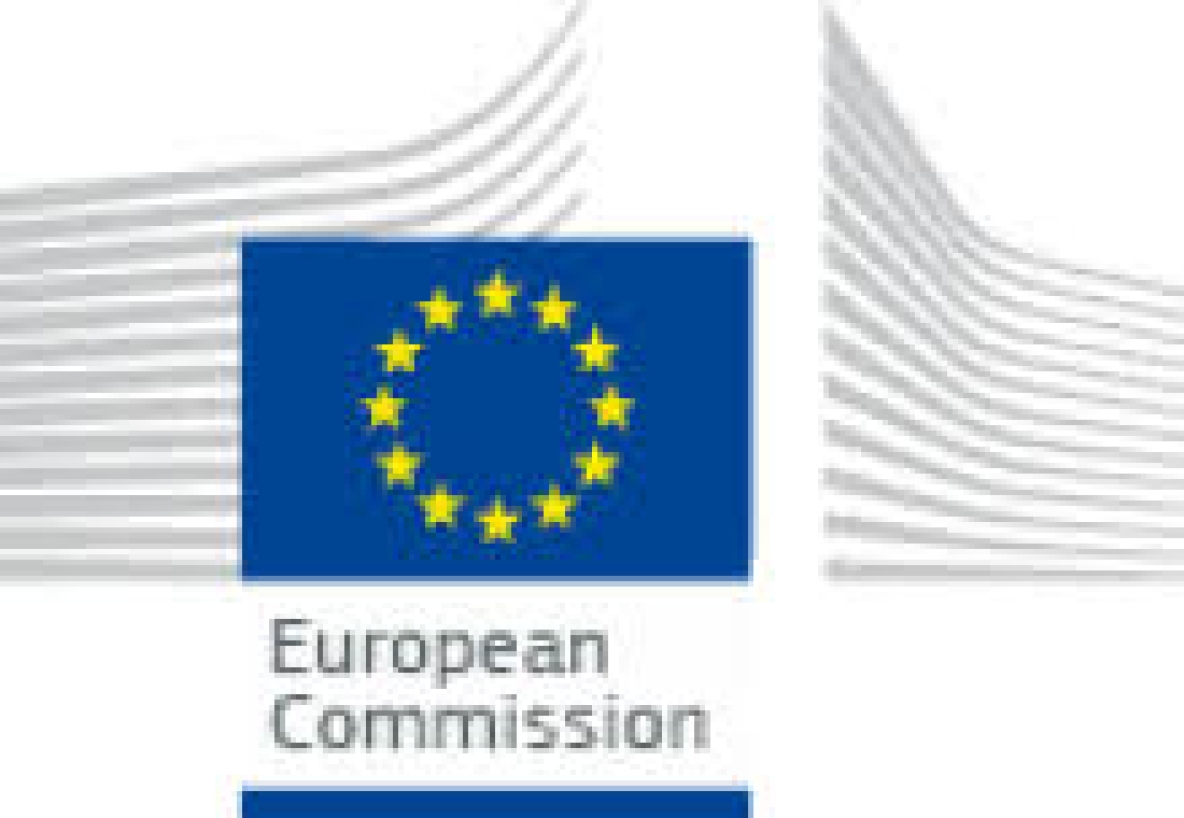
The Hate and Hostility Research group has been awarded funding from the European Union DG Justice for a two year multi-country research on hate crime. This project will examine the application of criminal laws and sentencing provisions for hate crime across 5 EU Member States, Czech Republic, Ireland, Latvia Sweden and the United Kingdom, capturing best practice in the tools used to combat hate crime across Europe, as it relates to strategies of legal intervention and the implementation of these rules. Over the past 10-15 years EU Member States have sought to combat and prevent hate crime by enacting penal provisions that enhance the punishment of hate-motivated offenders. The application of provisions has not been uniform, with some countries creating new bodies of legislation to criminalise hate crime offences (UK), others amending criminal codes to aggravate existing offences (Sweden; Czech Republic; Latvia), and some with no specific hate crime provisions (Ireland). Official reports on number of annually recorded hate crime in each jurisdiction vary significantly: UK 47,676; Sweden 5518; Czech Republic 173; Ireland 119 and Latvia 18 (OSCE 2013).
The objectives of the research are to:
- Detail the operational realities of hate crime legislation by gathering experiential accounts of the legislation ‘in action’ from legal professionals
- Document differences in both victims’ and offenders’ experiences of the criminal justice system according to the legislative and policy context
- Identify shortfalls in the legislative responses to Article 4 of the Framework Decision on Racism and Xenophobia as well as existing hate crime legislation among participating Member States
- Identify best practice models of hate crime legislation and supporting policy among the participating Member States and tailor these, where appropriate, to common and civil law systems
- Develop manuals outlining best practices and recommended legislative models on hate crime
- Disseminate information across the 28 Member States to enable States to benchmark, learn, and develop strategies to combat hate crime
- Inform future EU policy and legislative responses to hate crime.